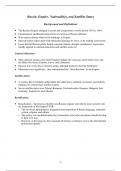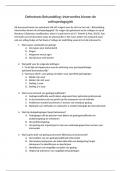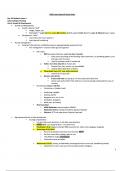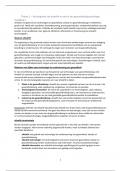Summary
Summary OCR A-Level History, Russia and Its Rulers - Breadth Study, Russia, Empire, Nationalities, and the Satellite States
- Module
- Russia and Its Rulers
- Institution
- OCR
OCR A-Level History, Russia and Its Rulers - Breadth Study, Russia, Empire, Nationalities, and the Satellite States, including background and definitions, political freedoms, economic freedoms, social freedoms.
[Show more]












